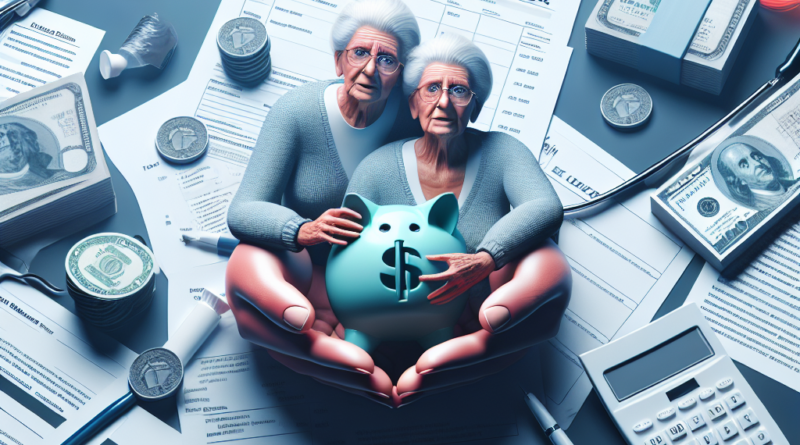2024 Elderly Care Assistance Expenses Deduction: Rules and Instructions for Filling out the Tax Return
Deduction of Elderly Care Expenses in the 730/2024 Tax Return
The deduction of elderly care expenses in the 730/2024 tax return is a tax benefit that is recognized when one incurs expenses for the care of elderly non-self-sufficient individuals.
This deduction can be claimed by both the elderly person themselves and their family members.
However, strict rules govern the eligibility for this tax benefit, including the nature of the care contract and income limits.
The tax season is in full swing, with pre-filled tax returns made available by the Revenue Agency for consultation starting from April 30th.
From May 20th, corrections, integrations, and modifications can be made, and the pre-filled tax return can be submitted.
Deduction for Professional Services for Non-Self-Sufficient Elderly Individuals
Among the various tax deductions available to taxpayers, there is also the deduction for costs incurred for professional services aimed at non-self-sufficient elderly individuals.
These expenses can often be substantial, leading family members to wonder how they can deduct a portion of these costs in their tax returns.
For elderly care expenses, it is possible to claim a 19% personal income tax deduction.
However, the eligibility for this tax benefit is limited to specific cases.
Moreover, for elderly individuals requiring both in-home and personal care, contributions paid for domestic and family service workers such as cleaners, caregivers, or family assistants can also be deducted.
To understand which costs qualify for this deduction, it is advisable to refer to the guidelines provided in the following guide.
Who Can Claim the Tax Deduction, How to Benefit from the 19% Personal Income Tax Deduction, and Which Documents to Retain
The expense for caring for the elderly can be deducted at a rate of 19% in specific cases, particularly when the individual requiring care is not self-sufficient and cannot independently perform daily activities.
The tax relief for non-self-sufficient individuals is regulated by Article 15 of the Income Tax Code (Tuir), which grants a 19% personal income tax deduction on expenses incurred for personal care providers.
The possibility to deduct costs related to caregivers, cleaners, family assistants can be exercised even when the expense is not incurred for oneself but for a family member, including parents.
This deduction can be claimed when filing the 730/2024 tax return, even if the family member is not financially dependent on the taxpayer.
In addition to the deduction for non-self-sufficient elderly care expenses, contributions paid for caregivers, cleaners, and personal assistants can also be deducted from income by submitting the 730 or Unico tax return.
To claim the 19% personal income tax deduction, certain conditions must be met.
Only the costs incurred for the care of non-self-sufficient individuals are deductible, with limits on both the expenses incurred and the maximum annual income for eligibility.
Here is a complete guide on who can claim the 19% personal income tax deduction on elderly care expenses and which documents need to be retained for tax return purposes.



